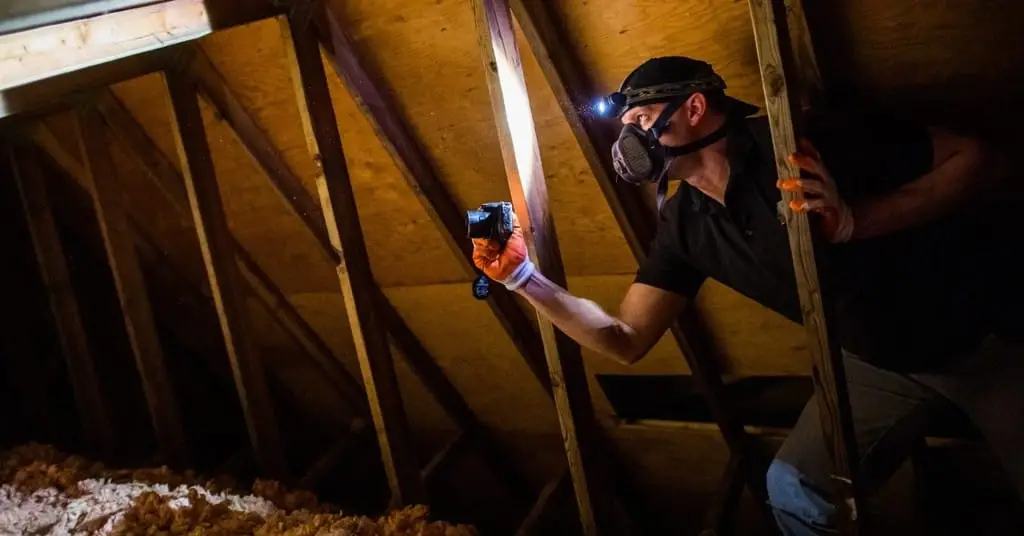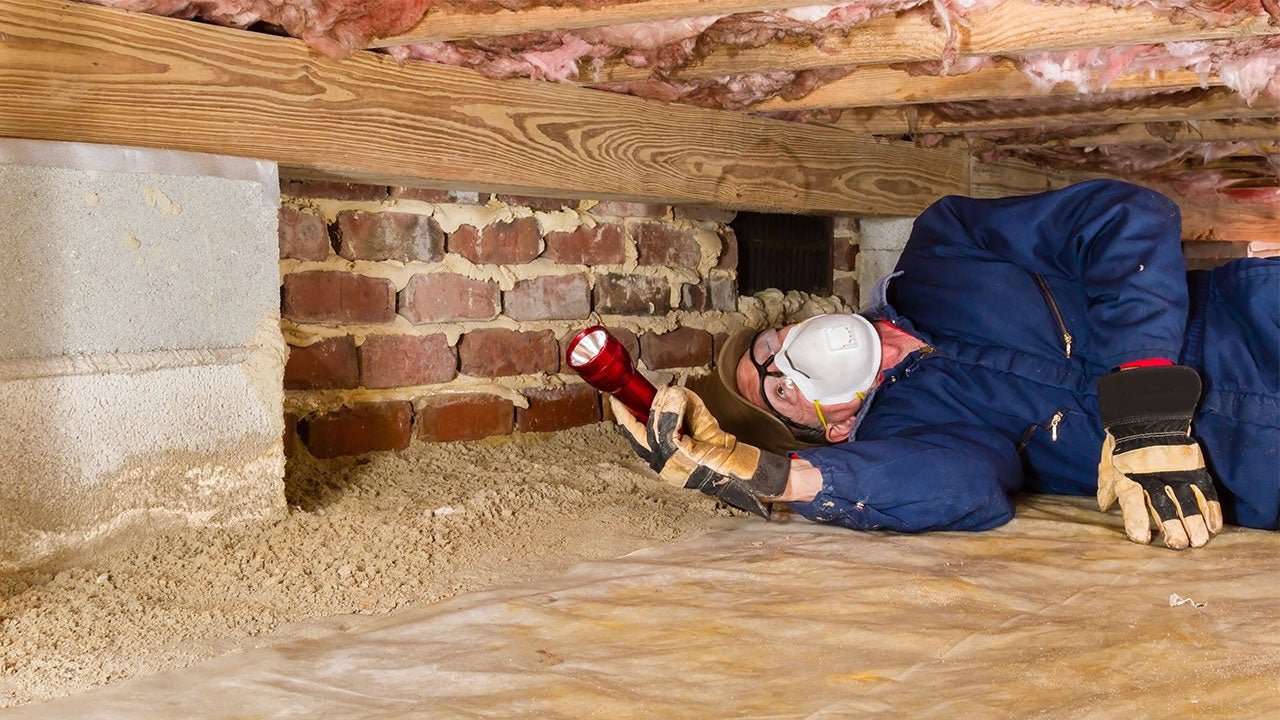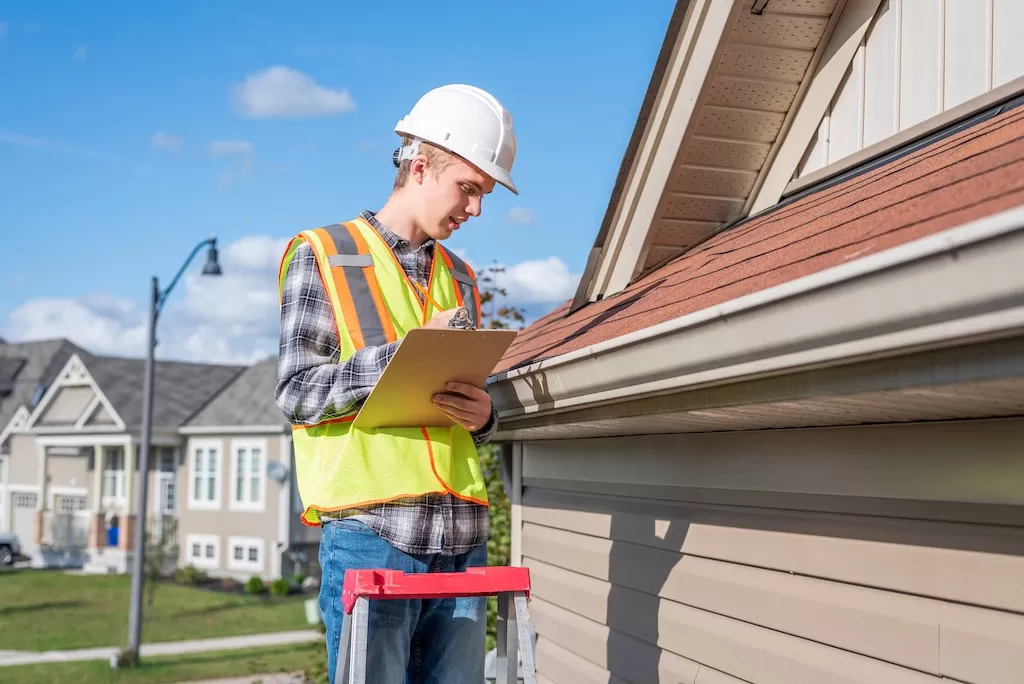When you receive the report from your home inspection, knowing how to approach reviewing home inspection findings is essential. A home inspection report provides vital information about the property you are buying or selling. Understanding how to analyze this report can help you make informed decisions, whether you’re negotiating repairs or planning for future maintenance. In this article, we’ll share effective strategies to help you navigate the findings of your home inspection.
1. Read the Report Thoroughly
The first step in reviewing home inspection findings is to read the entire report carefully. Don’t just skim through the highlights; take your time to understand all sections. Home inspection reports often include details about the property’s structure, systems, and any issues found. Pay attention to each part of the report to get a complete picture of the property’s condition. This thorough reading will help you identify key issues that may require immediate attention or further investigation.

2. Focus on Major Concerns
While reviewing home inspection findings, prioritize major concerns over minor ones. Look for issues related to safety, structural integrity, and systems like electrical, plumbing, and HVAC. These significant problems can affect the property’s value and your safety. For example, if the inspector identifies a faulty electrical system, this needs urgent attention. Addressing major concerns first will help you make informed decisions about negotiations or repairs.
3. Take Notes and Ask Questions
As you review the home inspection findings, take notes on any questions or concerns that arise. Jot down specific areas that require clarification. If you don’t understand certain terms or findings, don’t hesitate to reach out to your home inspector for explanations. They can provide valuable insights and help you understand the implications of the findings. Asking questions ensures that you fully comprehend the report and can make well-informed decisions.
4. Compare with Previous Inspections
If you have access to previous home inspection reports for the property, compare them with the current findings. This comparison can highlight any recurring issues or improvements that have been made. If previous inspections show that a particular problem was not resolved, it may be a red flag. Conversely, if you see improvements, it can provide reassurance about the property’s condition. Understanding the history of the home’s maintenance can inform your decisions moving forward.
5. Consult with Professionals
For complex issues uncovered in the home inspection, consider consulting with professionals. For instance, if the inspection report highlights significant plumbing problems, hiring a plumber for a second opinion can provide clarity. Specialists can give you a better understanding of the severity of the issues and the costs associated with repairs. This additional insight is valuable when making negotiations with the seller or budgeting for future repairs.
6. Prioritize Repairs and Budget Accordingly
Once you have a clear understanding of the home inspection findings, prioritize necessary repairs. Create a list of issues in order of importance and assign estimated costs to each. This approach will help you focus on critical repairs first, while planning for future maintenance tasks. If you are negotiating with the seller, having a well-structured list can strengthen your position, especially if you need them to cover repair costs or adjust the sale price.
7. Discuss Findings with Your Real Estate Agent
Your real estate agent can be a valuable resource when reviewing home inspection findings. Share the report with them and discuss your concerns. They can provide insights into local market conditions and how the findings may affect your negotiations. Additionally, they can help you formulate a strategy for addressing the issues identified in the inspection report, whether you are buying or selling the home.
8. Keep an Eye on Minor Issues
While major concerns should take precedence, don’t ignore minor issues in the inspection report. Minor problems can add up over time and lead to more significant repairs if left unaddressed. As you plan for future maintenance, include these smaller repairs in your budget. Keeping your home in good condition will enhance its value and prevent larger issues from developing down the road.
9. Maintain Documentation
After reviewing home inspection findings, it’s essential to keep a record of the report and any correspondence related to the inspection. This documentation can be useful for future reference, especially if you decide to sell the home later. Having a clear history of inspections and repairs will help potential buyers understand the property’s condition and can boost their confidence in purchasing your home.
10. Plan for Future Inspections
Finally, after addressing the findings from your home inspection, consider scheduling regular inspections in the future. Routine check-ups can catch potential issues early and help maintain your home’s value. Planning for future inspections ensures that your home remains safe and well-maintained, preventing small problems from escalating into costly repairs.
Home Inspection Services and Online Fun
Holmesinspection.com provides comprehensive home inspection services, ensuring a safe home for you. For alternative entertainment, explore the excitement of wolf winner online roulette. Discover a new world of online fun.
Conclusion
In conclusion, effectively reviewing home inspection findings is crucial for making informed decisions about a property. By thoroughly reading the report, focusing on major concerns, and consulting professionals, you can navigate the inspection process with confidence. Prioritizing repairs, discussing findings with your real estate agent, and maintaining documentation will help you manage any issues that arise. With these strategies, you can ensure that you are well-prepared to address the findings of your home inspection.




